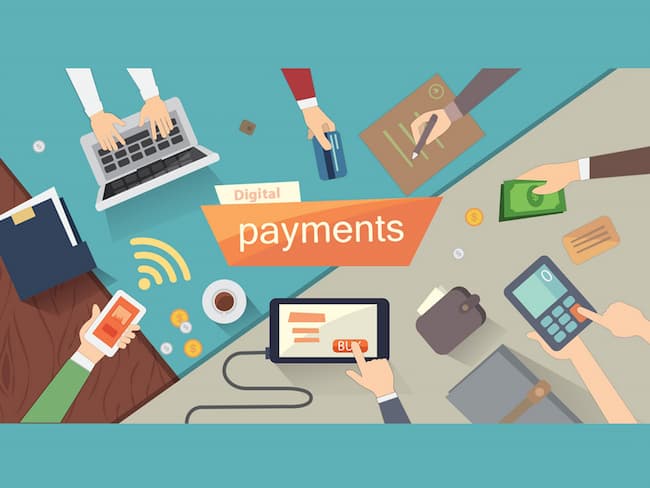Place your adverts here on InfoDig @ low rates; banner ads, sponsored links and guest articles etc. Contact us
A recent report reveals that 80% of pharmacies in Nigeria now rely on digital payments for transactions, with 56.8% using point-of-sale (PoS) systems and bank transfers, and 32.9% utilizing direct bank transfers.
This trend, highlighted in a study by payment platform Moniepoint, underscores the growing shift toward digital transactions in the pharmacy sector, especially in response to the 2023 cash shortage that disrupted cash-based payments.
The transition to digital payments has significantly improved operations for pharmacies, enabling smoother transactions, better financial management, and stronger relationships with suppliers. The report notes that only 5.2% of pharmacies still use cash, while 3.2% are experimenting with other payment options, and 1.9% rely on credit facilities.
Customer preferences are also shifting, with 45.39% of Nigerian pharmacy customers opting for digital payment methods such as PoS machines or bank transfers. In contrast, 7.69% of customers continue to use cash, while 46.92% use a combination of both cash and digital payments.
This shift toward digital payments presents an opportunity for pharmacies to enhance customer service by offering more reliable payment options. Medplus, one of the largest pharmacy chains in Nigeria, reports that many of its 2,000 daily customers now prefer digital transactions. Despite these advancements, Medplus’ Head of Strategy and Innovation, Ife Bakare, believes there is still room for improvement in the digital payment infrastructure.
The adoption of digital payments is not only transforming customer transactions but also improving supply chain efficiency. Pharmacies using digital payments have minimized transaction failures, which can lead to disruptions in supplies. Chi, the founder of Dexta Pharmacy, shared an experience where a failed cash transaction nearly jeopardized a relationship with a key supplier. Since switching to digital payments, her business has maintained trust and improved efficiency.
However, despite the benefits of digital payments, the report highlights that pharmacies still face challenges in accessing funding. Only 17.2% have secured loans from banks or financial institutions, while others rely on alternative sources such as cooperatives, family and friends, or grants. Pharmacies that embrace digital payments are better positioned to build financial records, improving their chances of obtaining loans in the future.
As Nigeria’s healthcare sector continues to modernize, digital payments are set to play a pivotal role in enhancing the operations of pharmacies, improving supply chains, and boosting customer service.
Key Insights:
- 80% of Nigerian pharmacies use digital payments, with 56.8% utilizing PoS systems and bank transfers.
- Pharmacies have reduced reliance on cash payments, with only 5.2% still using cash.
- Digital payments enhance both customer service and supplier relationships, minimizing transaction failures.
- Pharmacies face challenges in accessing loans, but adopting digital payments helps build stronger financial records.
- Nigeria has 25,000 registered pharmacies and patent medicine stores, filling healthcare gaps, especially in remote areas.















)
 English (US) ·
English (US) ·